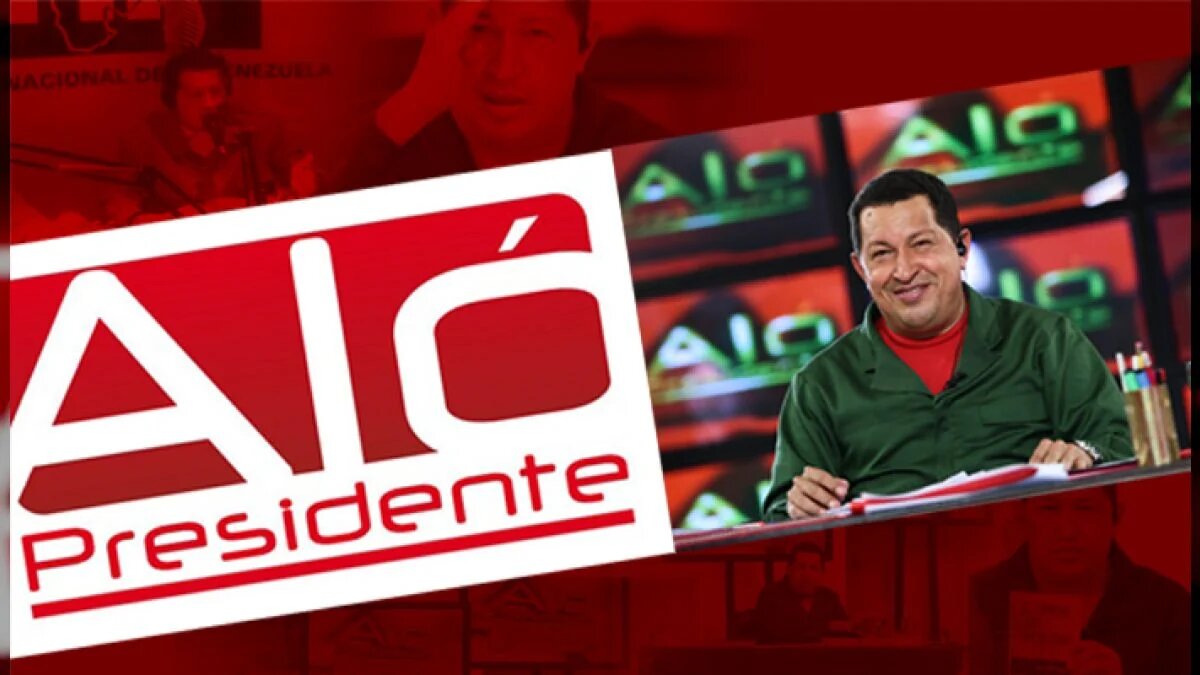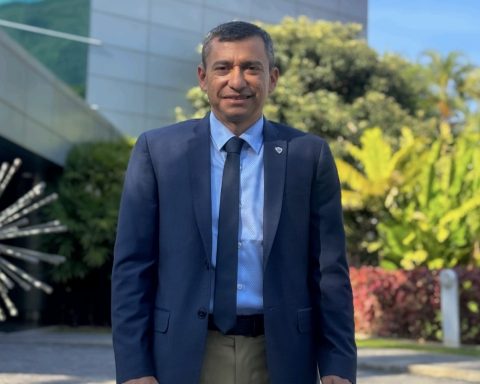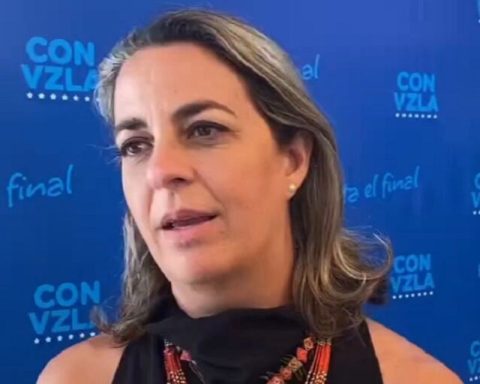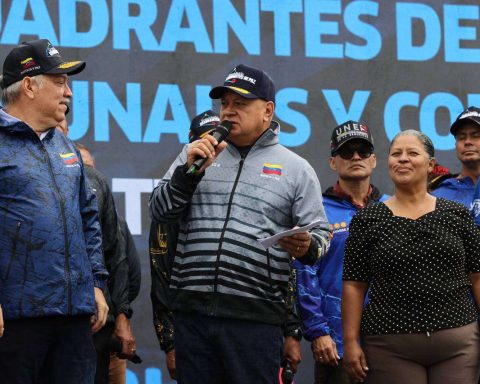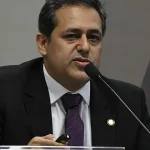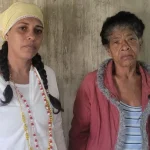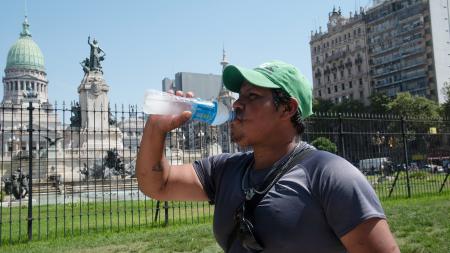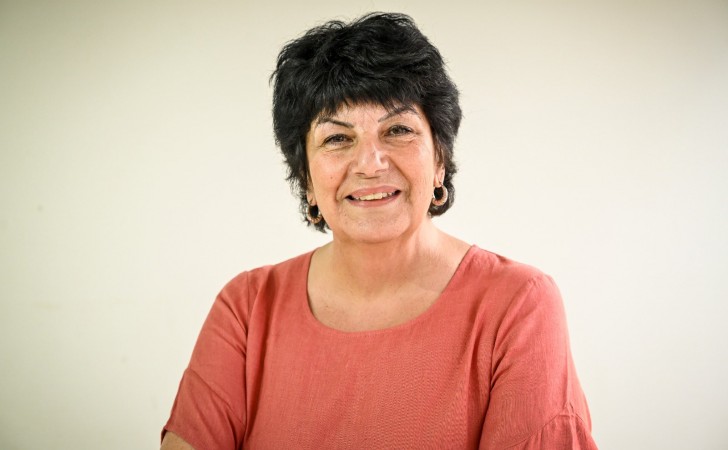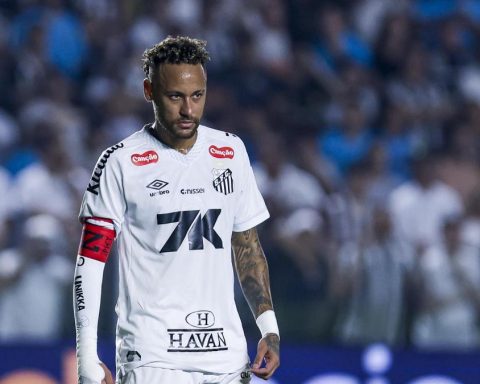The Minister for Communication and Information, Freddy Ñáñez, highlighted this Sunday the communicative nature of the Commander Hugo Chavezto face the media campaign that was imposed in the country by the traditional media.
“Hello, president was the device that Chávez built for the need to generate a counteroffensive to the media campaign that existed before the Bolivarian Revolution arrived,” said the minister during the event. Chávez Communicator: Hello President as a paradigm of Political Communication”.
In statements broadcast by Venezolana de Televisión, the Minister for Communication and Information indicated that, at that time, the traditional media exercised power over the perception of reality, and “took the responsibility of thinking for us.”
Given this fact – he indicated – “Chávez clearly understood that the way to make changes was to combine action with words.”
“The Bolivarian Revolution and Commander Chávez, as the leader of this revolution, clearly understood that the way to bring about change was to combine words with actions,” he added.
In this regard, he stressed that President Chávez – with the program – created a new form of communication and changed the paradigms of all the programs that were known at that time.
“The programs had a format that was the message and conditioned how we could consume the content. The communication that Chávez generated was irruptive of that communication that he imposed”, he emphasized.
“Faced with a paradigm of garbage, empty television, Commander Chávez creates a real television, of concrete reality, of the communication of saying something, of generating content,” added the minister.
During the activity – held at the Teresa Carreño Theater -, Ñáñez stressed that the program aimed to listen to the people, and address the real problems of citizenship.
The first edition of the program was broadcast on May 23, 1999 and had 378 editions later, until its last broadcast on January 29, 2012.
The main aspect of the program was the opportunity given to viewers to intervene through telephone calls to talk live with the President of the Republic.
“Chávez built his communication with the people”
For his part, the Vice Minister of Anti-Blockade Policies of Venezuela, William Castillo, affirmed that the vision of the Liberator Simón Bolívar on the subject of communication, was taken by President Hugo Chávez, for the evolution of the development of the Bolivarian process.
In this sense, Castillo highlighted the importance of Bolívar’s concept of communication in the thought of Hugo Chávez and his relationship with the people.
“Communication is a fundamental factor to organize the people and the conscience of the people, it is a weapon, it is the artillery of thought, it was an instrument and pedagogy for the formation of the new man and woman,” he said.
“He built his communication with the people and thanks to his personal skills,” he added.
On the other hand, he urged all the revolutionary forces to work so that Commander Chávez’s speech and message is not erased from the networks or the media.
The word as a fundamental tool for the Revolution
The Minister for Agriculture and Land, Wilmar Castro Soteldo, stressed that the most powerful tool Commander Hugo Chávez had was his word.
“Chávez was a provocateur by trade, and the most powerful tool he had was the word and in its different forms,” Castro Soteldo stressed during the activity.
The minister stated that the communication power of Commander Chávez is not only embodied in his program Hello, president; but also in other mechanisms used to communicate.
An example of this – he indicated – was what Castro Soteldo described as “the first social network”, known as “Radio Bemba”.
“Chávez, a communicator, is not just Hello, President. I believe that Chávez from that genesis of the plain, that he brought, from the strategic vision of the world that he had and has, learned from the rumor and created the first most efficient social network that was created in the country: which was Radio Bemba”, he indicated.
In this regard, he asserted that Radio Bemba was a fundamental pillar in defeating the coup against Commander Chávez in 2002.
